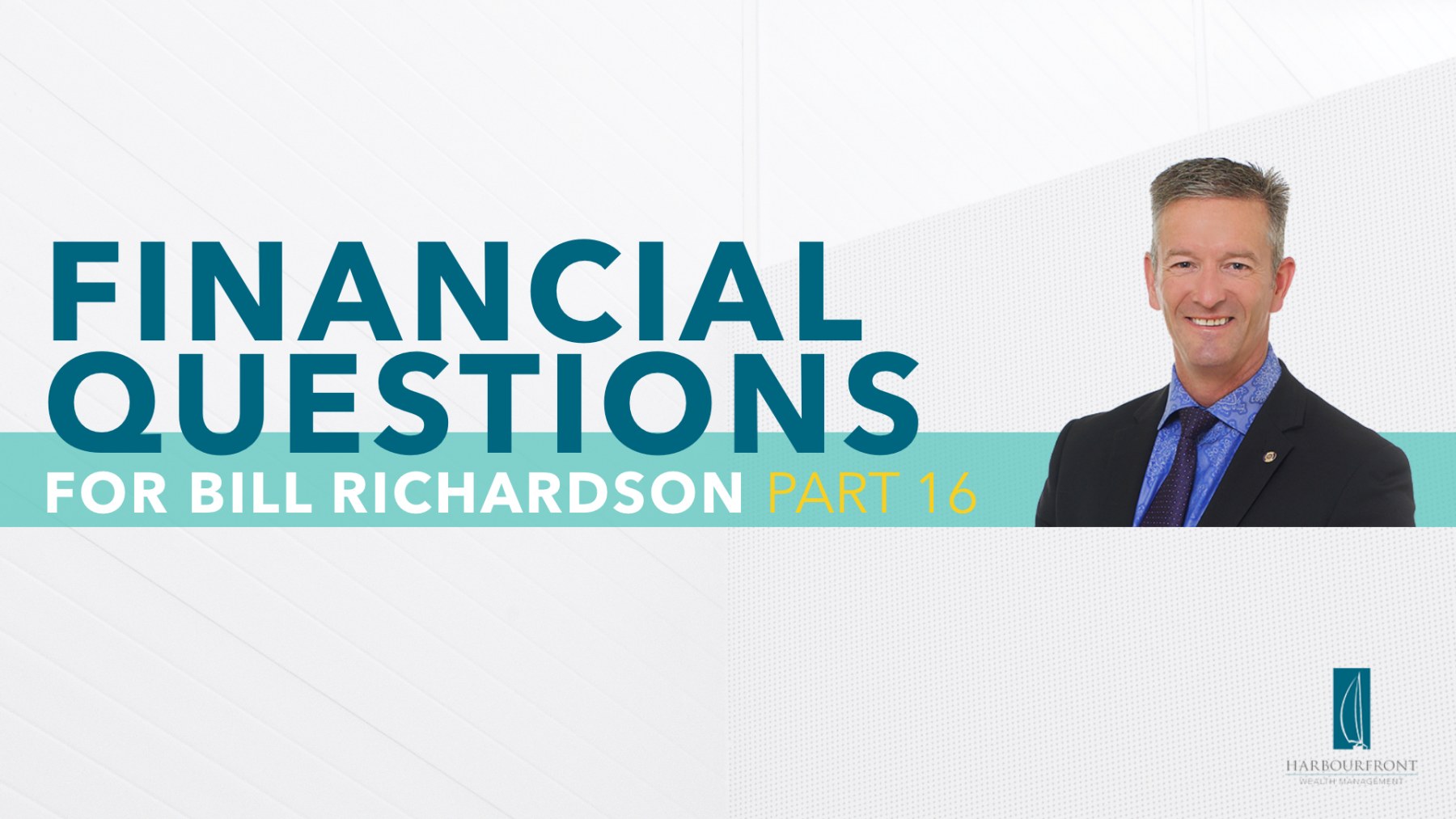Financial Questions for Bill Richardson Part 16
Good Morning. Here is the latest edition of 3 Questions for Bill Richardson. We have been getting a number of questions about GameStop and a few other companies like Blackberry, Bed Bath and Beyond and AMC so we thought in this edition, we would try to address most of the questions.
What is short selling and how does it work?
I’m not going into full detail about this, mostly because there is a very good description at https://www.investopedia.com/
The Coles Notes (yes, they are still around and appear to be owned by Indigo Books) version is that investors, who believe that a stock is overvalued or possibly going bankrupt, can borrow the stock from their stockbroker firm, put up margin and sell the stock on the open market. To close the transaction, the person who sold the stock must buy it back. That is, to close a position, you must buy it and sell it or you can do the reverse and sell it first and buy it back later.
Short selling is much riskier than buying a stock and it is usually only done by sophisticated investors, because the risk is unlimited compared to limited when you buy a stock. Let’s say you buy a stock for $1,000 and it goes bankrupt. The most you can lose is $1,000. If you short sell as stock for $1,000 and the price rises to $5,000 or $10,000, which is a lot of money compared to the $1,000 you had a chance of making.
So, imagine that you sold a stock for $1,000 and the price rose quickly to $5,000 – imagine the fear and upset you would experience. Then you get a call from your broker demanding immediate payment of another $4,000 or he is going to sell you out (buy back the shares). Then two days later, the value rises to $10,000 and he calls again demanding another $5,000. You can’t come up with the money, so he puts in a market order to buy back the shares and it gets filled for $12,000. That is what is called a short squeeze (which was question #2) and which is not nearly as nice as the hug you used to give your friends before COVID-19. The maximum you could have made was $1,000 and you just lost $11,000. You bought for $12,000 and sold it for $1,000 but not in that order.
Are short sellers bad people who take advantage of the investing public?
Some are, for sure, but most short selling is done for risk management purposes or to create lower risk investments for the average investor. For example, there are long/short funds, where the manager buys Royal Bank and simultaneously sells TD Bank because he thinks Royal will go up faster than TD, if markets are strong and will fall less than TD, if markets are week. That is called a market neutral trade.
How does this affect my portfolio with Harbourfront?
Number one – we don’t short stocks. Two – most of our stocks are larger (typically, smaller stocks are often the ones that are targeted by short sellers). Three – the biggest effect is that this type of activity erodes investor confidence and that can lead to short term negativity.
We stick to our disciplines and keep an eye on this type of activity, but stay away from speculation, like this.
Until next time, have a great day!
Bill

